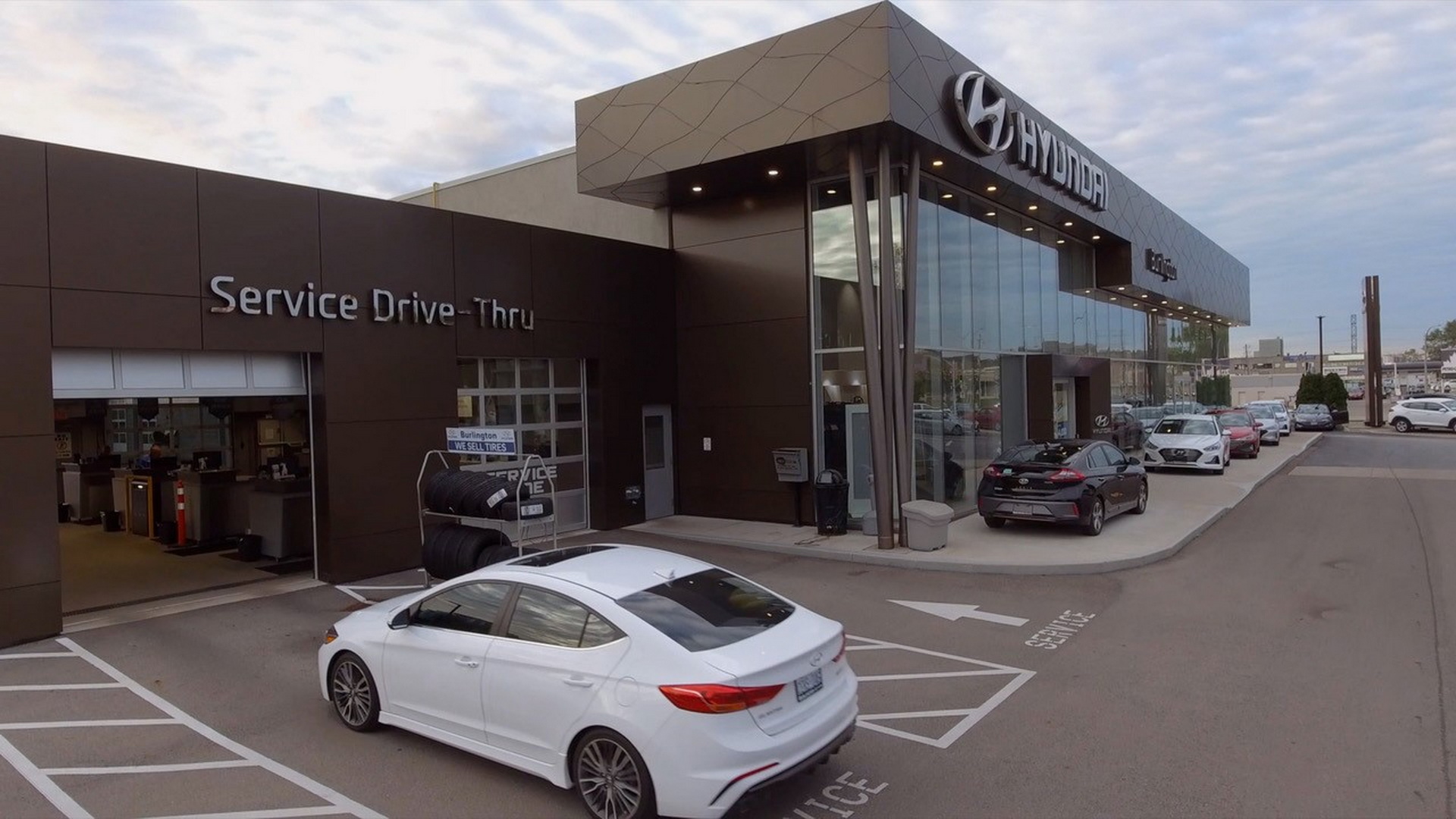In the last month alone, we’ve run at least six stories about dealers and challenges that consumers face in getting a fair price for their vehicle. But what has led us to this era of powerful dealers and crazy markups?
NPR’s Planet Money has decided to take a look at the rise of the so-called “stealership,” and the impact that it can have on buyers, automakers, and local politics. And, unfortunately, the problem is historically acute thanks to the global pandemic.
With supply lines fraught and inflation high, this was always bound to be a bad time for buyers. But the notion of “stealerships” has been with us for more than the last two years. Indeed, studies have found that the sales model espoused by dealerships, termed “price discrimination” (that is, charging different people different amounts based on willingness to pay), has all kinds of unsavory qualities.
As the name suggests, the model is bad for those people we tend to think of as being discriminated against. Studies show that people of color, women, the elderly, and especially elderly women, tend to pay the most at dealerships.
Read Also: Internet Posters Beat Chevrolet Dealers In Battle Of Astronomical Corvette Z06 Markups
The model also incentivizes dubious practices, such as hidden fees, overpriced add-ons, and questionable advertising practices. And although there are some attempts to curb this behavior, there are decades of political protections allowing “stealerships” to continue.
As NPR points out, the very thing that makes dealerships valuable – their size, reach, and their manpower – also makes them effective political lobbyists. And as dealerships conglomerate increasingly, they become even more effective at lobbying local, state, and even federal governments.
That’s what’s behind certain states preventing direct-to-consumer marketing strategies, such as those espoused by Tesla and Rivian, from operating. Such is the power that even though the Federal Trade Commission has been trying to dismantle certain franchise protecting laws, they are often thwarted. Still, the FTC tries, and earlier this summer it proposed new rules to prevent graft and cheating.
“As auto prices surge, the Commission is seeking to eliminate the tricks and traps that make it hard or impossible to comparison shop or leave consumers saddled with thousands of dollars in unwanted junk charges,” the FTC wrote at the time.
It’s more than just the FTC, though, who want to prevent these sales strategies. Automakers also want to prevent the huge markups, tricks, and traps. We recently reported on a study which found that a quarter of car buyers refuse to return to dealerships after they’ve been charged over MSRP.
Duplicitous sales tactics and outright lies, meanwhile, may harm consumer perception even worse. And when customers have a bad experience at a dealership, they tend to avoid the brand entirely. Since dealerships are independent franchisees, though, there’s only so much automakers can do. Brands like Ford are, nevertheless, trying to prevent these practices, with penalties for dealers who engage in them.
For consumers, meanwhile, the solution to bad dealer experiences is, unfortunately, a lot of work and lowered expectations. Michelle Krebs, an automotive researcher at Cox Automotive, said that consumers have to do a lot of research, accept that they might not get their first choice of color, vehicle, or brand, and may have to look at dealerships in other cities in order to get a good deal from a dealership.






